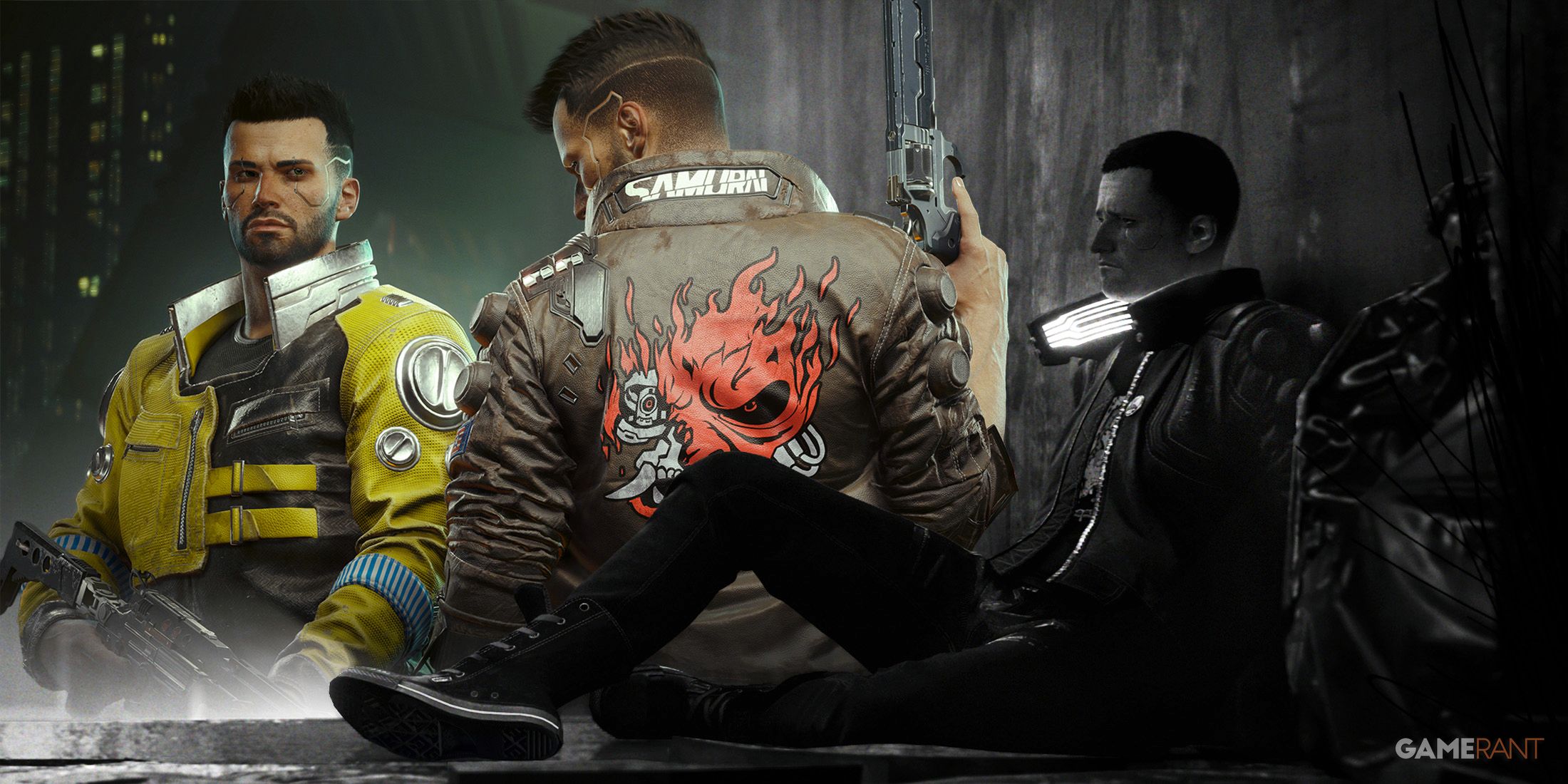Originally announced under the codename Project Orion in October 2022 and now informally simply known as Cyberpunk 2, the next entry in CD Projekt Red’s Cyberpunk 2077 franchise ironically has big shoes to fill. What was initially recognized as one of the most disappointing launches in video game history is now praised for being one of the best RPGs on the market, leaving its successor, Project Orion, with the daunting task of not only matching that redemption arc but also finding new ways to push the series forward.
While there are a number of things Project Orion could do to build and improve upon Cyberpunk 2077‘s legacy, something it should be looking at particularly closely is its predecessor’s various endings. Almost every one of Cyberpunk 2077‘s has the same bleak, bittersweet, or melancholy tone, which makes sense given the intensity of the genre. However, it has long been the consensus of the game’s community that this “no happy endings” route essentially trivializes the idea of player choice, as the game more or less makes everything players do be for nothing. Now, Project Orion has a chance to change that narrative by increasing the tonal diversity of its own conclusions, regardless of any unspoken rules of the genre.
Project Orion’s Endings Could Shift the Tone of Cyberpunk 2077’s Legacy
Why Cyberpunk 2077’s Endings Felt So Bleak
To be fair, Cyberpunk 2077‘s endings are thematically consistent with the genre, which is known for being bleak and pessimistic. Its core philosophy of “high tech, low life” is the foundation for a dystopian setting where advanced technology coexists with and contributes toward the collapse of society. That bleakness, then, comes from the genre’s cynical view of a future where powerful corporations control society and the average person is marginalized. With thematic boundaries like that, it’s difficult for a game like Cyberpunk 2077 to have any sort of light at the end of the tunnel.
Much of this boils down to a general and widespread loss of humanity, which Cyberpunk 2077 explores thoroughly. In its world, humanity has lost its soul, trading distinct characteristics like empathy and compassion for greed and a lust for power, so it’s understandable why its conclusions would never leave players with a shred of hope. It’s not just the tonal aspect of Cyberpunk 2077‘s endings that leaves a bad taste in the mouth, though, but how it ultimately creates a ceiling that even the player’s choices throughout the narrative can’t break through.
How Project Orion Could Defy Those Expectations
The solution to this isn’t necessarily to give players a “happy” ending per se, but simply a “good” ending — one that defies the expectations and rules of the Cyberpunk subgenre. With at least one conclusion like that, Project Orion could cement itself as the next evolution of Cyberpunk 2077, all while giving players an opportunity to truly shape their own story, as their choices are only as meaningful as the impact they have on the outcome. Some might argue that a “good” ending is impossible in the Cyberpunk universe, but while that might be true of most of its stories, those that allow their participants to choose their path need endings that reflect that design.
If Project Orion were to have at least one ending where players were left feeling optimistic about the future beyond that outcome, even just that one would likely be enough to make players feel like the decisions they make during the story actually matter. For Cyberpunk 2077 players, it can be difficult to even want to try to see every ending in the game, simply because, while they all might end differently, they don’t feel any different. That’s what Project Orion really needs to target — not necessarily what happens in each of its endings, but in how those endings make players feel.
Cyberpunk 2077
- Released
-
December 10, 2020
- ESRB
-
M for Mature: Blood and Gore, Intense Violence, Nudity, Strong Language, Strong Sexual Content, Use of Drugs and Alcohol
- Engine
-
REDengine 4


